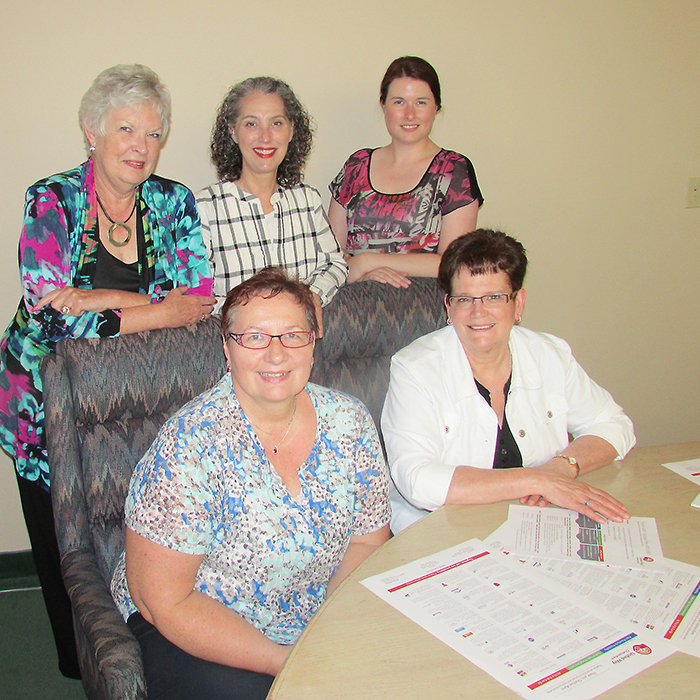
When she says, “it’s not your grandmother’s United Way”, Karen Kirkwood-Whyte knows what she’s talking about.
The veteran chief executive officer of the Chatham-Kent United Way said the non-profit world has changed since she first took the helm more than 30 years ago.
“The not-for-profit sector has changed tremendously and at a faster pace in recent years,” she said. “There is greater accountability and transparency than ever before and people are asking more questions. Those are all good things but they’ve forced us to make some changes which have taken time to percolate through the entire sector.”
A look at the United Way program expenses last year is a far cry from the days in which the group collected funds and distributed them to groups for programming.
In 2015, member agencies received $884,015 in funding while United Way Community Impact Programs received $845,536.
The year before, agencies received $954,880 and United Way programs received $802,811.
That doesn’t mean there is less money going to community groups.
“It’s all community,” Kirkwood-Whyte said. “Each and every program has to follow the same mission statement which is to improve lives and build community in Chatham-Kent,” she said.
During the past several years United Way has changed its handling of fund distribution.
“We’ve followed the lead of national in that we now have moved from agency funding to program funding.
“We had the incredible stroke of luck to have Jana Smith come and volunteer her considerable talent in program evaluation to us,” Kirkwood Whyte said.
Smith, a retiree from Calgary who moved to Chatham-Kent, said program software has been developed to track outcomes.
“We’re in the process of making sure we have training in place so that we can track the effectiveness of what we’re doing,” she said. “It was developed so that even the smallest agency can provide information in an accurate and meaningful manner without a tremendous amount of time and effort.”
Kirkwood-Whyte said at a time when donors are more careful about their support, ensuring the money is spent wisely is even more important than ever before.
“If you can’t demonstrate that the money is being used in the way the donor intends, you won’t have a donor. They have very many options and that’s one more reason we’re grateful every time someone chooses us.”
Community Impact Director Helen Heath said the changes have been welcomed by agencies.
“At one time, an agency would hold an event or operate a program and if it attracted the number of people we thought it should, we considered it a success. Now we’re able to track outcomes, not just the number of people we sent through.”
Kirkwood-Whyte said the organization remains community driven.
“Our funds are raised by volunteers, our board is populated by volunteers and the decisions as to who is funded and for how much is made by volunteers. We have staff in place to assist them and do the things it takes full-time work to do, but we’re very much driven by the community.”
Board member Anita Markert said the level of passion shown by volunteers and staff attracted her to the position.
“These people have their finger on the pulse of the community and they aren’t just noting problems, they’re doing something about them.”
Heath said the United Way has always served as an incubator of sorts for programs.
Operation Red Nose (now Home James), NeighbourLink, Chatham-Kent Children’s Safety Village, East Side Pride and Habitat for Humanity are all programs that Kirkwood-Whyte said were “incubated, nurtured and subsequently divested.”
Other programs, which began with, and remain part of, United Way include Prosperity Roundtable, Chatham-Kent Nonprofit Network and Operation Cover-Up.
“It’s not about ownership or operation of programs,” Heath said. “If someone sees a need in the community and we can help, we’ll do our best.






